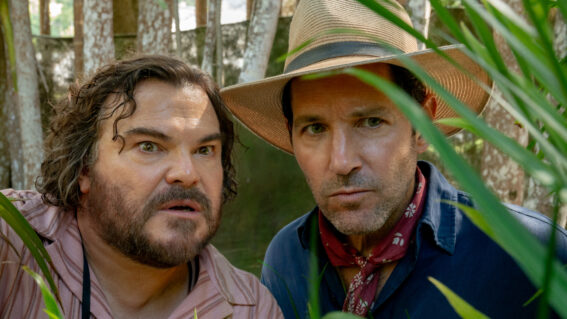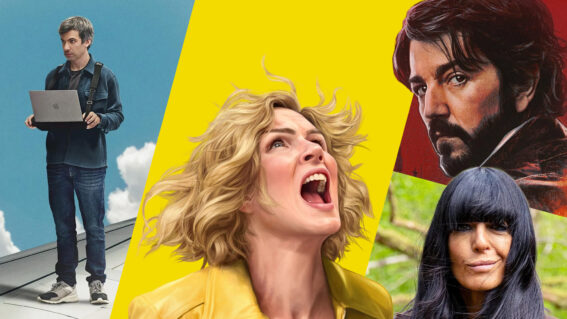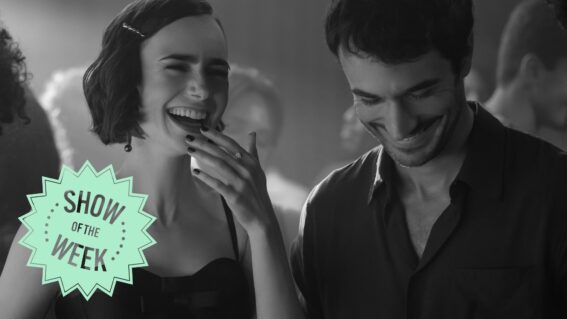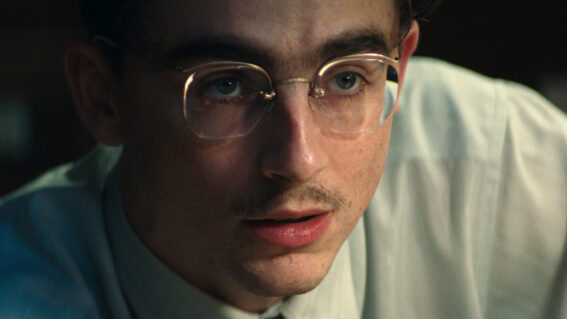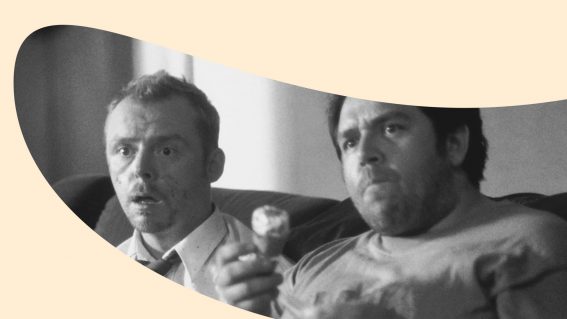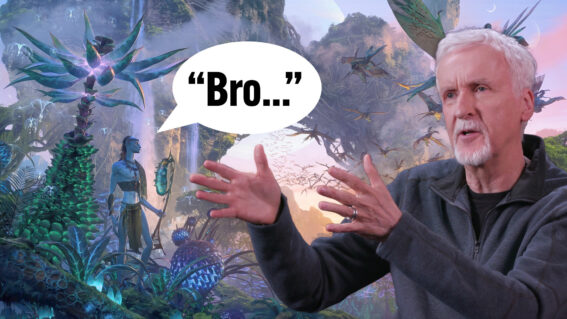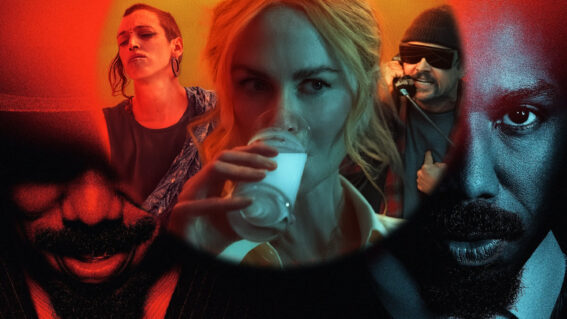The first chapter of Kevin Costner’s Horizon isn’t just epic – it’s novelistic
Horizon revels in complexity, presenting a world of murky morality and tough choices.
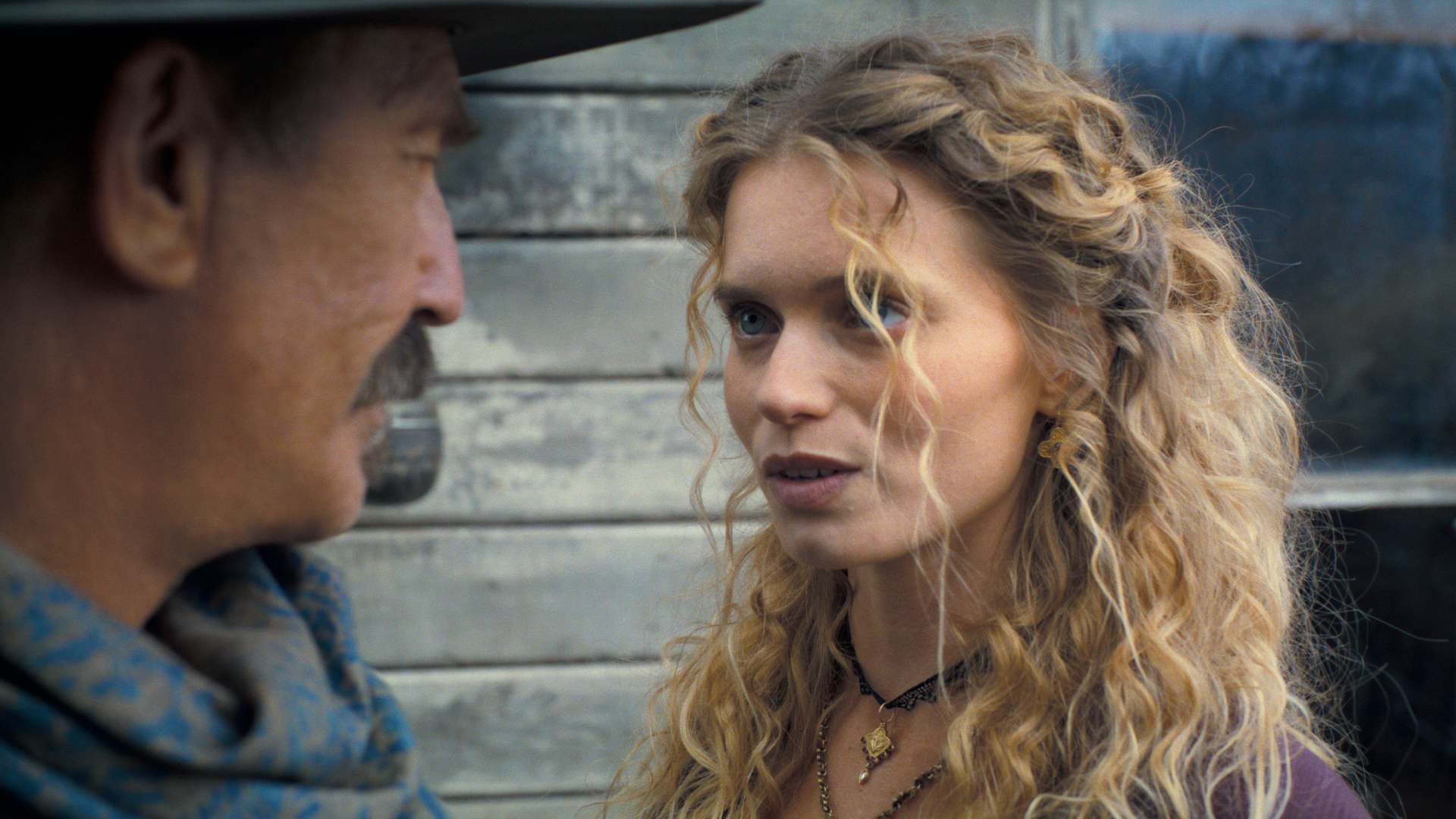
The first chapter in Kevin Costner’s ambitious four-part Western Horizon: An American Saga is a rich and rewarding experience – if daunting, writes Travis Johnson.
Horizon: An American Saga - Chapter 1
We love a big swing, don’t we? Ambitious, arty passion projects are fascinating and we’re currently witnessing two of the biggest swings to come along in a good while.
One is Francis Ford Coppola’s Megalopolis; the revered auteur’s self-funded opus has already confounded critics and audiences on the festival circuit and is about to do the same on wider release. The other is Kevin Costner’s historical epic Horizon: An American Saga.
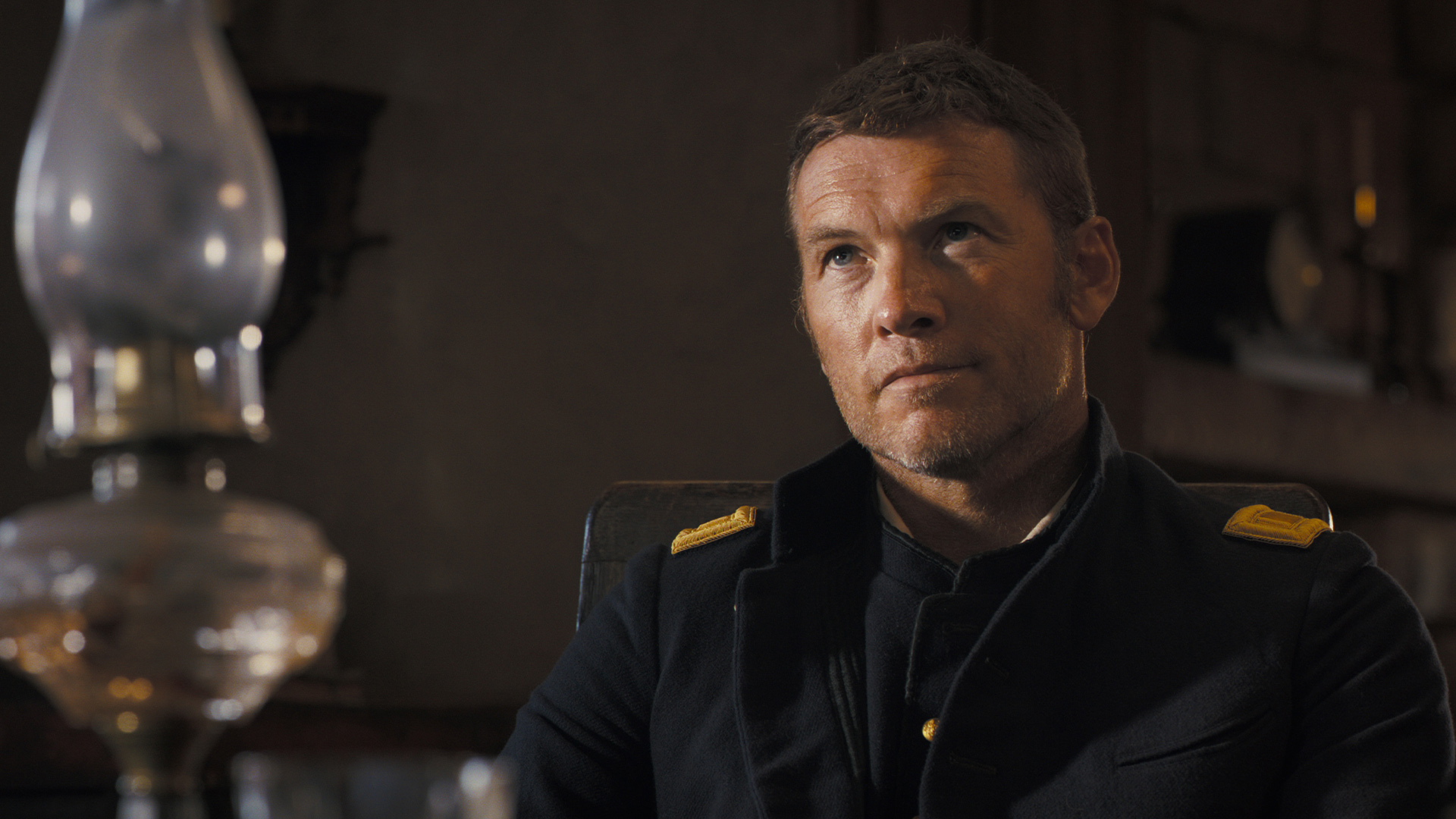
Those two projects coming along at roughly the same time is arguably the only reason that Coppola and Costner are ever mentioned in the same breath unless it involves some kind of alphabetical list, but the parallels are easy to draw. Both of them stumped up their own money—Coppola sold his wineries to finance Megalopolis, while Costner mortgaged his $145m Santa Monica property for Horizon. Both men have been beavering away on their films since the ’80s. Crucially, neither of them seems to care much if their films attract a big audience—they’re doing this, they say, for The Art.
Well, you’ve got to admire that kind of grand ambition. And Horizon is nothing if not ambitious. It’s a planned four-part series, Horizon – Part 2 will premiere at the Venice International Film Festival later this month; with Part 3 currently shooting, and Part 4 still in pre-production.
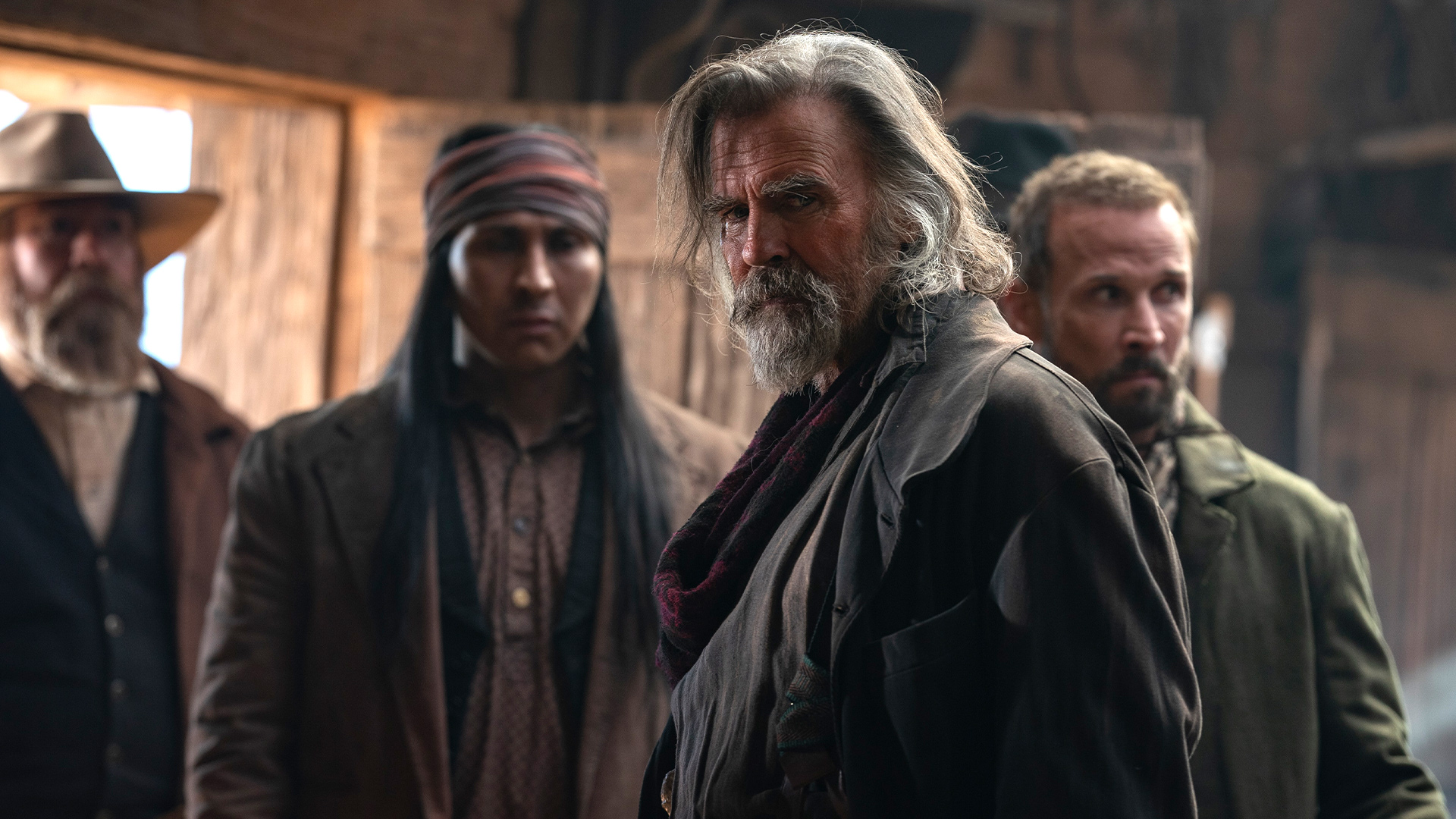
But Horizon isn’t a series of four movies—it’s one movie split into four chapters, which might make it a better fit for streaming rather than theatrical release. Having seen Part 1, Costner’s approach strikes me as novelistic. Not a fire-and-forget spinner rack paperback, either, but one of those big, meaty, challenging books that you just have to dive into, trusting that you’ll eventually strike the far shore and not drown under the weight of words somewhere in the middle.
And it’s a Western, a genre Costner is extremely familiar with, having starred in Lawrence Kasdan’s 1985 oater Silverado at the dawn of his career and more recently regained household name status in Taylor Sheridan’s wildly popular Yellowstone on TV, in between directing and starring in 1990’s Dances with Wolves, which earned him Best Picture and Director at the Oscars, and the superb Open Range in 2003. The man knows his way around a horse opera.
And Horizon is nothing if not operatic. Centred around the fledgling town of the title and largely taking place in 1860s as the Civil War rages in the east, Horizon follows a number of characters as they try to carve out a life for themselves on the frontier.
Costner himself is horse trader Hayes Ellison, who finds himself on the run with prostitute Marigold (Abbey Lee) and a helpless toddler abandoned by Jena Malone’s runaway bride, her murdered husband’s vengeful family in hot pursuit.
At the same time, Luke Wilson’s Matthew Van Weyden leads a wagon train to Horizon, contending with inexperienced settlers, ornery trail hands, and the ever-present threat of attack by hostile natives.
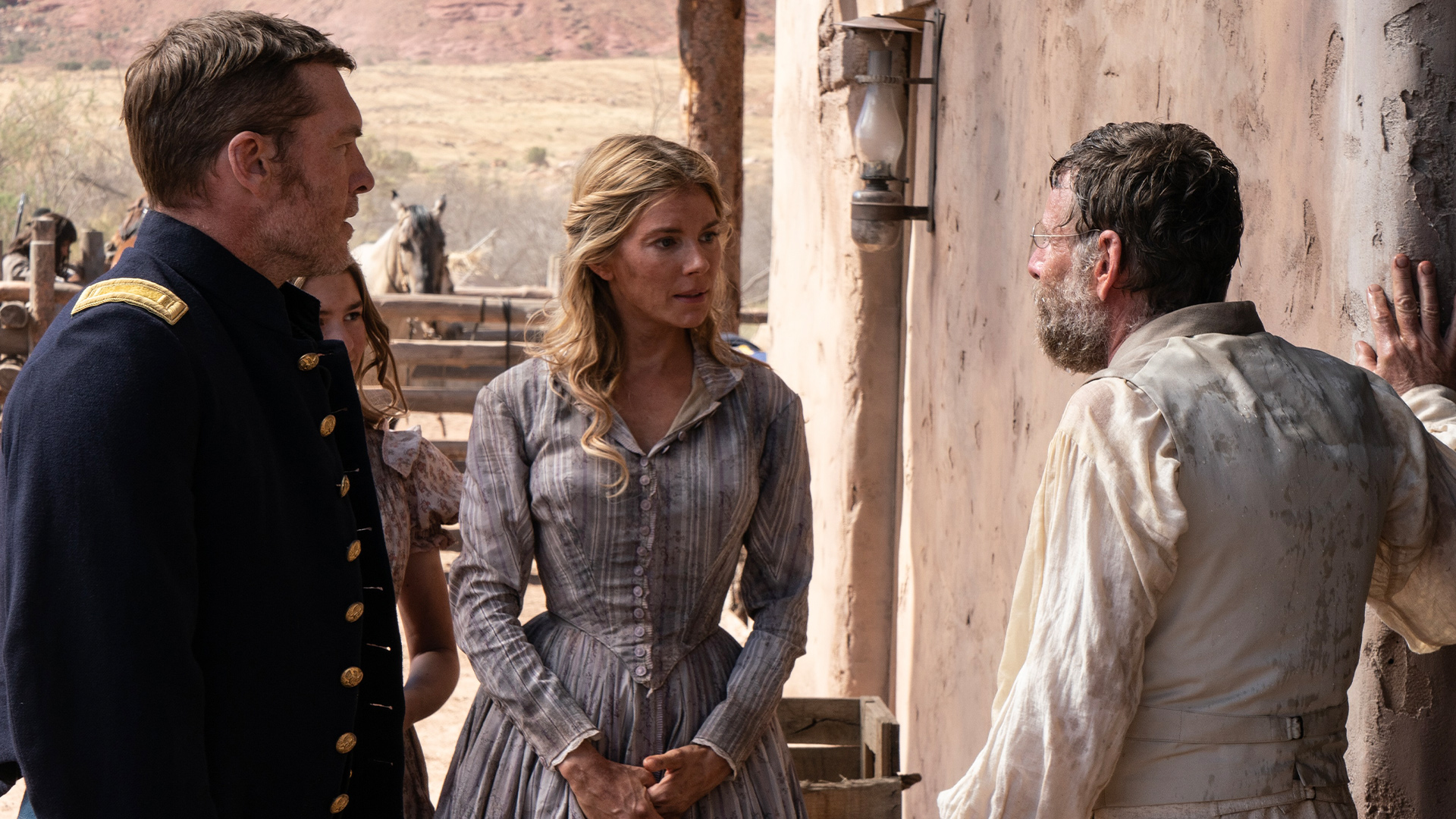
One such attack on the town itself, a brutal and genuinely terrifying affair, incites a third plot strand, with Sienna Miller’s widowed Frances Kittridge trying to rebuild her life after the atrocity, while freshly orphaned teenager Russell (Etienne Kellici) takes up with Jeff Fahey’s band of scalp hunters to track down Pionsenay (Owen Crow Shoe), the Apache guerilla who led the raid. Meanwhile, the local Army garrison struggles to defend the citizens of Horizon, with Michael Rooker’s pragmatic veteran, Sam Worthington’s idealistic lieutenant, and Danny Huston’s callous commander each offering a different viewpoint.
Cinematographer J. Michael Muro lenses it all in glorious widescreen, all big skies and sweeping vistas, counterpointed by the weather-worn faces of our characters. The sheer beauty of the landscape is counterpointed by frequent and shocking violence. As depicted here, the Western frontier is a pitiless place where death can come at any moment, and the quality of mercy is in extremely short supply. The carnage we see is never gratuitous, and all the more impactful for that; every death hits hard.
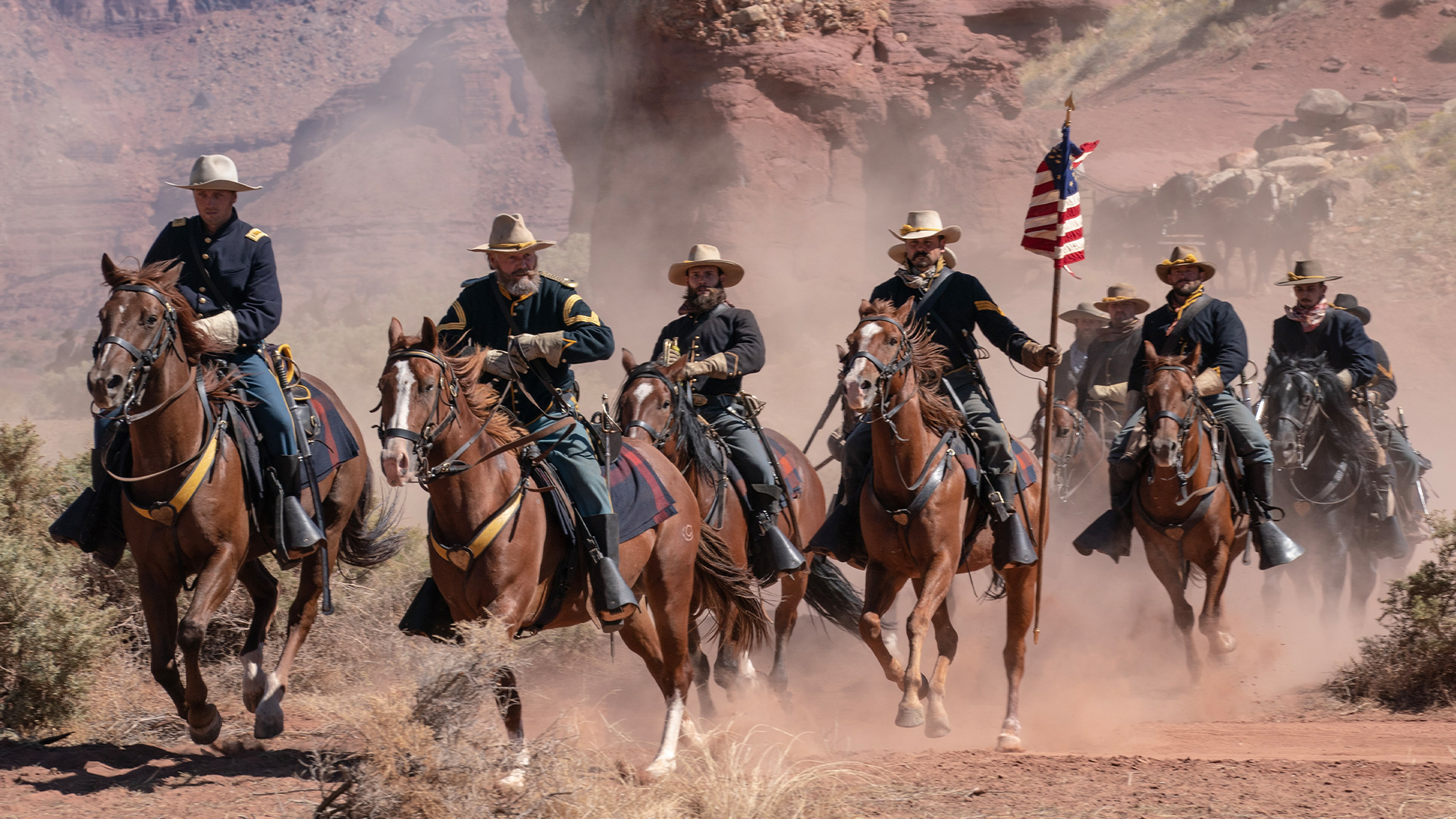
Costner’s painting with a broad brush here, but he nonetheless relishes the little details, and much of Horizon Part 1 is spent giving us a concrete sense of place, character, and culture. The price for that is a lack of resolution; by the time the credits roll, three hours deep, his various plot threads have barely intersected, if at all, and that might be frustrating for viewers expecting some kind of catharsis.
But as noted, Horizon is more novel than movie in its execution. The obvious point of comparison is the late Larry McMurtry’s 1985 opus Lonesome Dove, and that’s no faint praise. Horizon is a better match, both tonally and thematically, than the actual miniseries adaptation we got in 1989, which elided much of the book’s complexity. By contrast, Horizon revels in complexity, presenting a world of murky morality and tough choices, one that asks us to consider the contradictions inherent in the history of the American West, a time and place where horror and heroism are often two sides of the same coin.
Whether it’ll all pay off in the end is impossible to say at this point. It’s a big gamble, after all. But Costner is clearly wrestling with something big here—perhaps the very notion of American identity itself, and how the country reckons with its bloody past. For now, all we can do is place our bookmark and wait for the next chapter.










